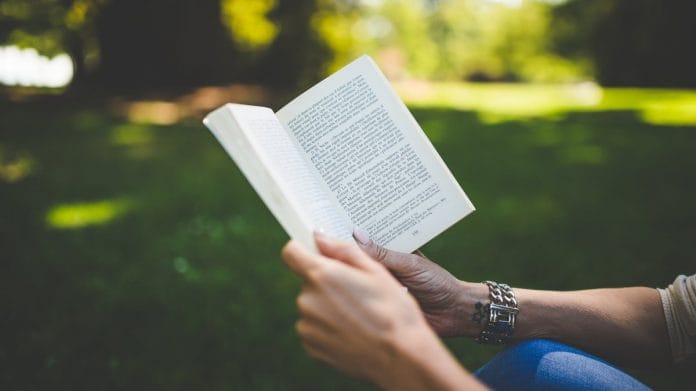The unprecedented 21-day lockdown has left Indians pondering some fundamental questions. The most critical of these is: What is essential? As soon as Prime Minister Narendra Modi announced the lockdown, Indians scrambled to get a hold of the guidelines that would allow essential services to continue. Doctors, paramedics, journalists, banks, groceries and pharmacists.
But what about the arts?
When we look back on the coronavirus pandemic and how we had to spend weeks in lockdown, many not seeing another human face during this entire period, the one thing many of us will remember is how much we depended on the arts.
The books we read, the web shows we binge-watched, the movies we downloaded, the paintings and drawings we made, the poetry we wrote, the online group dance and yoga classes and virtual museum tours we signed up for, the music we played and sang just to be able to hear a human voice in the house. For most urban Indians, isolation and social distancing has been, more than anything, a giant art appreciation course.
Also read: GDP growth could slip to zero or negative in 1st quarter due to lockdown: NITI Aayog VC
But ‘arts can’t get you a job’
And it is particularly strange because all of these are things that traditionally, Indians have been told by their parents, extended family and teachers, are lesser fields. Growing up, it was commonly taken for granted that science and commerce were the streams one should opt for in high school, and that the only professions worth having were doctor, engineer, chartered accountant, pilot and businessman for boys, while the “soft option” of teaching was appropriate for girls. You know, because it meant they would wake up in time to make breakfast for their husband and kids and be home by afternoon, in time to make dinner and take care of the kids. Careers such as musician, painter, dancer, yoga instructor and filmmaker were simply not considered viable or sustainable.
Funny, then, that when we are in the middle of a global health crisis, when the country is under a lockdown, the one thing that has bound us together is these arts. Whether it is a singer-songwriter taking us through his process one day by livestreaming it on YouTube or an online course on Islamic scripture that one has always wanted to learn about but never had the time. The Covid pandemic is teaching many people that what we thought was not important, viable or sustainable is, perhaps, the most sustainable, if we simply look at life a little differently. The arts have survived millennia before us and will continue to survive for millennia after us. But for us to just get through a few weeks of fearful loneliness, they are proving to be essential.
Also read: Stranded & with no jobs due to Covid-19 lockdown, labourers head home on foot, govt buses
The line between blue-collar and essential is one virus
Since last Sunday’s janata curfew, the one word that has been on everyone’s mind is ‘essential’. At 5pm that day, the entire country stood in their balconies or in their doorways (some, ironically, stepping out into the street in groups and totally missing the point of the curfew) clapping and clanging pots and pans, blowing vuvuzelas and conch shells. They did it, ostensibly, to thank essential service providers who had been working throughout, to ensure that other people’s lives and needs were taken care of.
And on 24 March, after Prime Minister Narendra Modi announced a national lockdown. The government circulated a detailed list of essential services that would be exempt from the lockdown. These included, of course, doctors and nurses and all hospital staff, as well as banking and media. But instead of pilots, corporate lawyers, private business people and engineers, what the list also included was what the Indian middle and upper classes have typically looked down upon: grocers, the local chemist, food and newspaper delivery personnel, sanitation workers.
The term ‘blue-collar worker’ is never used aspirationally – it is always used to describe someone of a lower stature in terms of economic and social capital. But today, when we are coping with the very real daily problems of a national lockdown, the line between blue-collar and essential lies decimated – by a virus.
In fact, if there is one thing I do hope coronavirus kills, it is our old ways of thinking. Old-fashioned ideas about what makes for a real job and about working from home as code for taking it easy, classist ways of referring to certain kinds of work and those who do it, and limited views on the importance of beauty in our lives. These are things that this pandemic could, and should, change.
When future historians and sociologists study this pandemic and its effect on the world, I hope they find that it forced us to re-examine and redefine what truly is essential.
Views are personal.






